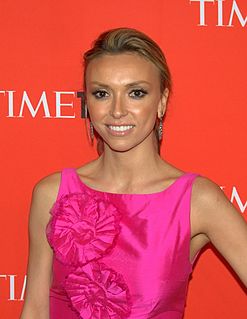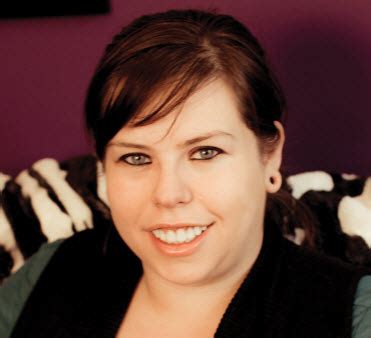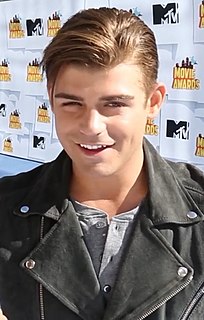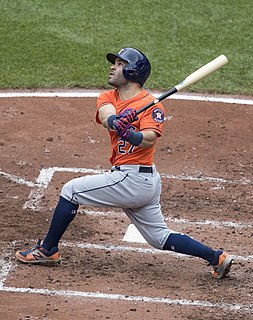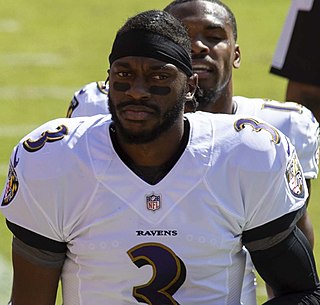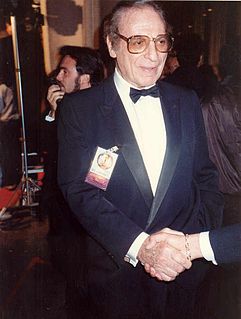A Quote by Dale T. Mortensen
I was a good student with mathematical ability and interests. As such, I took the usual college preparatory program in high school for one looking to become an engineer: all the available courses in mathematics and science.
Related Quotes
Mathematical thinking is not the same as doing mathematics - at least not as mathematics is typically presented in our school system. School math typically focuses on learning procedures to solve highly stereotyped problems. Professional mathematicians think a certain way to solve real problems, problems that can arise from the everyday world, or from science, or from within mathematics itself. The key to success in school math is to learn to think inside-the-box. In contrast, a key feature of mathematical thinking is thinking outside-the-box - a valuable ability in today's world.
Yes, I share your concern: how to program well -though a teachable topic- is hardly taught. The situation is similar to that in mathematics, where the explicit curriculum is confined to mathematical results; how to do mathematics is something the student must absorb by osmosis, so to speak. One reason for preferring symbol-manipulating, calculating arguments is that their design is much better teachable than the design of verbal/pictorial arguments. Large-scale introduction of courses on such calculational methodology, however, would encounter unsurmoutable political problems.
Justin [Di Cioccio] was [at Laguardia School of Arts]. He later took over at Manhattan. But I knew Justin through the McDonald's band, which at the time I was finishing high school and starting college, I got involved with. I was not that heavily involved with the school at MSM my first year there. I took a semester off to start my 2nd year. Took classes I felt like taking during my third semester, but by the start of my third year, September of '86, they began the undergraduate jazz program and I joined that program.
When you're going to school primarily for career purposes, it's more important to focus on which program is best for you. In addition, your success at college depends far more on what you do at the college than at which college you do it: Choosing the right program, then the right advisor, the right courses, the right term papers, the right co-curricular activities, the right fieldwork, the right internships. You can make those choices at any college.
A lot of people tell me now I'm their inspiration. They say, 'I don't play baseball,' and then they mention whatever - engineer, doctor, college student, high school student - but they're hurt because, for some reason, people feel shame about themselves or embarrassed because they are short or skinny or fat or whatever.
Howard Zinn ran what is called the Zinn Education Project. It is a radical, radical bunch of insane lunatic leftists. And there is a project at the Zinn Educational Project: A People's History of Muslims in the United States - What School Textbooks and the Media Miss. And this program is teaching your high school student, juror junior high or middle school student.




